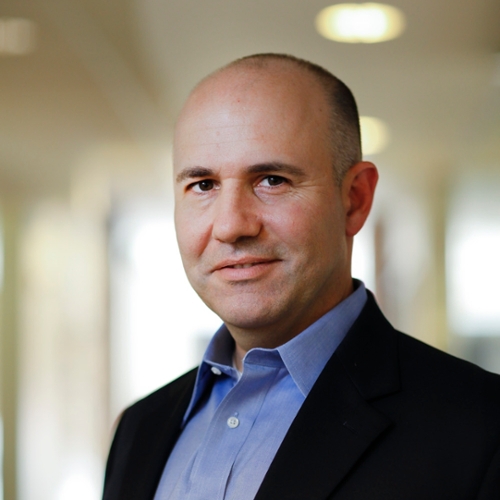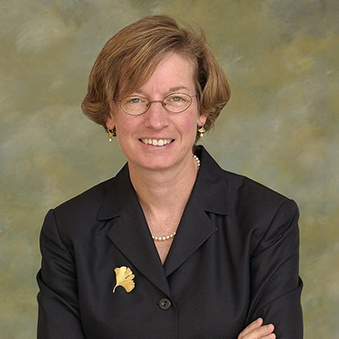In Professor Andy Molinsky's “Global Dexterity” course, students apply lessons from his book of the same name to their personal behaviors and concerns, learning ways to adapt to professional settings in foreign cultures and countries.
When Vinjola Dhamo, MBA ’15 arrived in the United States from Albania, she struggled with the adjustment to American workplace culture. She felt unable to build close relationships with authority figures and worried that this cultural barrier would affect her career. As a student at Brandeis International Business School, Dhamo found a solution — in the form of a book called “Global Dexterity” and through the professor who wrote it.
As of 2017, Molinsky serves as a professor of organizational behavior and international management at the business school, is the director of its Perlmutter Institute for Global Business Leadership and is the author of two books, including “Global Dexterity: How to Adapt Behavior Across Cultures Without Losing Yourself in the Process.” At the International Business School, Molinsky teaches two courses: one provides a systematic overview of organizational behavior, while the other compels students to adapt their own behaviors, face challenges, and refine their soft skills.
It was partially Molinsky’s background in psychology that inspired him to investigate the idea of crossing cultural barriers. “Ultimately, it’s the psychological challenges that make adaptations so difficult,” he said. “People often feel upset, distressed or guilty for acting a certain way, a way that people in their own culture would consider inappropriate.”
In Molinsky’s “Global Dexterity” course, students apply lessons from his book of the same name to their personal behaviors and cultural concerns. In what Molinsky labels “the core project of the class,” students must step outside their comfort zone and tackle an issue that has been a professional hindrance to them, such as open networking or speaking up in class. The majority of these issues arise due to cultural differences, but Molinsky affirms that the project can be centered on anything productive that pushes a student’s boundaries. Students must actually address the challenge head-on in multiple ways, and throughout the course, Molinsky consistently emphasizes how the classroom must remain a safe space so that students feel comfortable sharing their personal experiences.
“Long after the course had ended, I saw a quote somewhere: ‘Comfort zone is a beautiful place, but nothing ever really grows there.’ For me this was the essence of Global Dexterity,” said Tayyaba Azeem, an International Business School alumna and a former student of Molinsky’s. “If you want to grow, you have to move beyond your comfort zone while being kind to yourself in the process. You have to face your vulnerabilities. Once you are comfortable with facing uncertainty, discomfort and failure, there is no stopping you,” she said.
Molinsky’s course embodies the mission of the International Business School, allowing students to reach new levels of understanding in fields that are vital for cross-cultural success. As a complement to students’ quantitative skills, Molinsky teaches his students to grasp cultural nuances and compete in global markets as effective and confident professionals who can easily adapt between cultures, countries and borders.
“Soft skills are just as important for you in your career in terms of building trust and building relationships,” Molinsky tells his class.
Azeem wholeheartedly agrees. “I strongly believe that to succeed in one's career as well as in all aspects of life, both hard and soft skills are required,” she said. “At the International Business School, we are fortunate to take courses that really boost our strengths in all areas.”
Take Professor Molinsky's quiz: What's Your Global Dexterity?
Featured Stories
News Categories
@BrandeisBusiness Instagram
View this profile on InstagramBrandeis Intl. Business School (@brandeisbusiness) • Instagram photos and videos

October 31, 2016
Reinventing the feedback sandwich
September 4, 2014
Catherine L. Mann as Chief Economist for the OECD